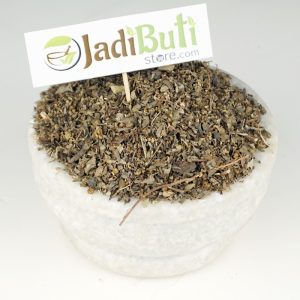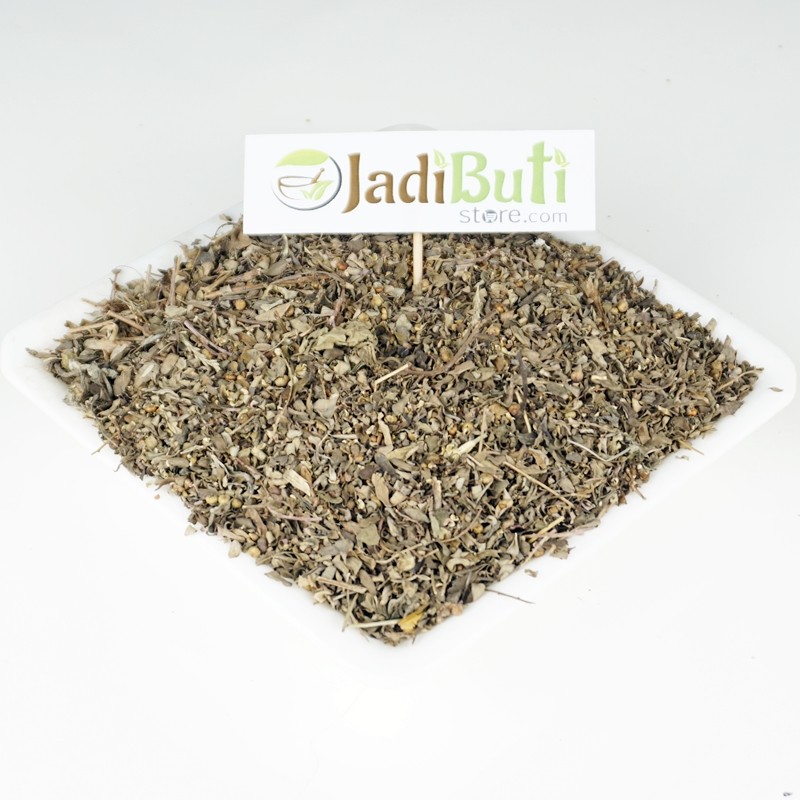Amla
-


Amla – आमला – Indian Gooseberry – Emblica officinalis
₹110.00 – ₹875.00Common Name English Name Scientific Name Part Used Amla Indian Gooseberry Phyllanthus emblica Fruit Ayurvedic classification of Amla (Emblica officinalis):
Ayurvedic Classification Description Rasa (taste) Sour, astringent, and sweet Guna (qualities) Light, dry, and cold Virya (potency) Cooling Vipaka (post-digestive effect) Sweet Dosha effect Pacifies Pitta and Vata doshas Karma (actions) Antioxidant, anti-inflammatory, immunomodulatory, digestive, carminative, and rejuvenative Dhatu (tissue) affinity Works primarily on the plasma, blood, and reproductive tissues Srotas (channel) affinity Works primarily on the digestive, respiratory, and urinary channels Prabhava (special effect) Acts as a rasayana (rejuvenative) for the body and mind Active compounds and their benefits found in amla (Emblica officinalis):
Active Compound Benefits Vitamin C Antioxidant, immune-boosting, and collagen-building properties Tannins Anti-inflammatory, antibacterial, and antiviral properties Gallic acid Anti-inflammatory, antioxidant, and neuroprotective properties Ellagic acid Anti-inflammatory, antioxidant, and anti-cancer properties Flavonoids (Quercetin, Kaempferol) Anti-inflammatory, antioxidant, and immune-boosting properties Phyllaemblicin Antibacterial and antifungal properties Corilagin Anti-inflammatory, antioxidant, and anti-cancer properties Geraniin Anti-inflammatory, antioxidant, and anti-cancer properties -

 Sale!11%
Sale!11%Bhuin Amla भुई आमला stonebreaker – Phyllanthus niruri
₹160.00 – ₹1,225.00Ayurvedic classification of Phyllanthus niruri in bullet points:
- Rasa (Taste): Bitter, astringent
- Guna (Quality): Light, dry
- Virya (Potency): Cold
- Vipaka (Post-digestive taste): Sweet
- Dosha Effect: Balances Pitta and Kapha doshas
- Karma (Actions): Hepatoprotective, diuretic, antimicrobial, anti-inflammatory
- Dhatu (Tissue): Works on the liver and urinary system
- Srotas (Channel): Acts on the digestive and urinary channels
- Prabhava (Special property): Known for its hepatoprotective and kidney-supportive properties
